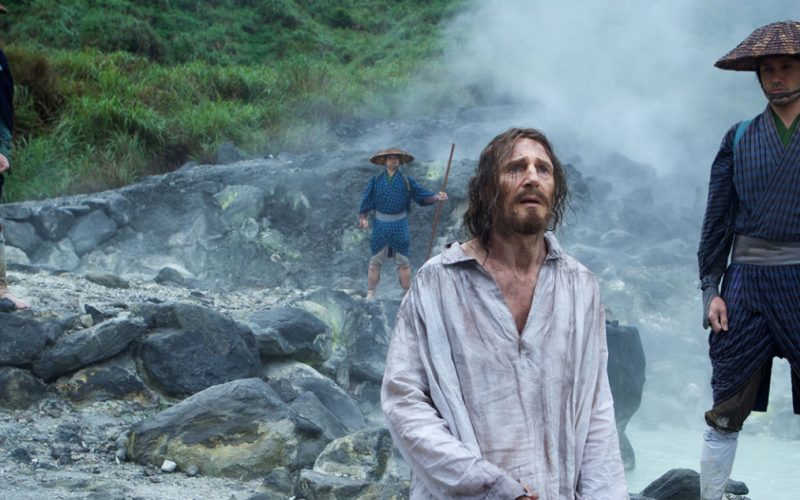Silence (2016).
Two Jesuit priests (Andrew Garfield and Adam Driver) are told a rumour suggesting that their mentor, Cristóvão Ferreira (Liam Neeson), who had travelled to Japan to spread the gospel, has apostatised (renounced his faith) and taken a wife. The two young priests set out for Japan to find their teacher, discover the truth and bring him back to God.
This is the start of Martin Scorsese’s exploration of faith in the face of hostility towards certain forms of faith. It’s a film of great emotional impact which is both profound and moving. An exploration of faith under extreme stress and the questioning of God’s existence.
To many, Silence is not a typical Martin Scorsese film; it’s not about the mafia or about a criminal organisation, but anyone who knows the full breadth of Scorsese’s work will know that it is very much a subject that the director would be interested in.
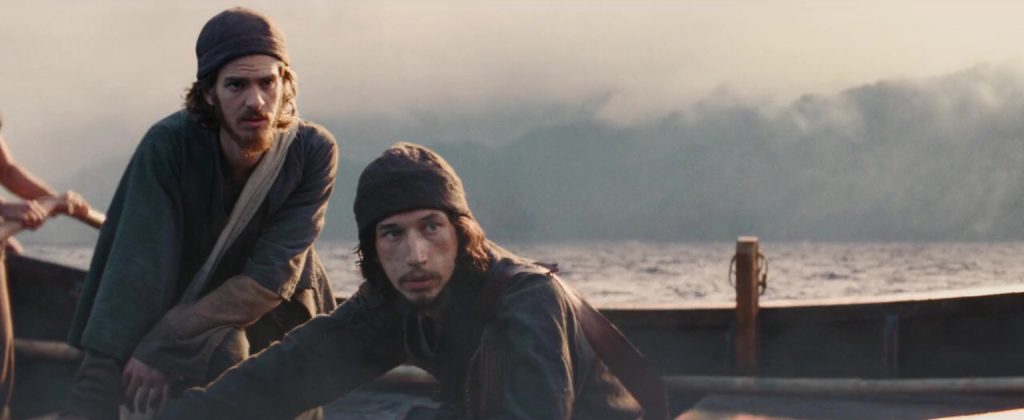
It took over 25 years to bring to the screen and formed the third part of his religious trilogy – The Last Temptation of Christ and Kundun being the first and second parts. Catholicism is something that Scorsese has been exploring his whole career. Think back to the first line from Mean Streets; “You don’t make up for your sins in church. You do it in the streets. You do it at home. The rest is bullshit and you know it.” He was given a copy of the novel on which the film is based (written by Shûsaku Endô) by a priest during the controversy surrounding The Last Temptation of Christ, and fittingly he finished reading it whilst in Japan where he was performing in Akira Kurosawa’s Dreams. It obviously made an impact on him.
It’s well documented that he joined the seminary for a short period before going to film school and has always struggled with his faith. Knowing this makes Silence perhaps his most personal film because, despite the sweeping vistas and the epic clash of cultures, it all comes down to one person questioning his faith without any obvious acknowledgement from God.
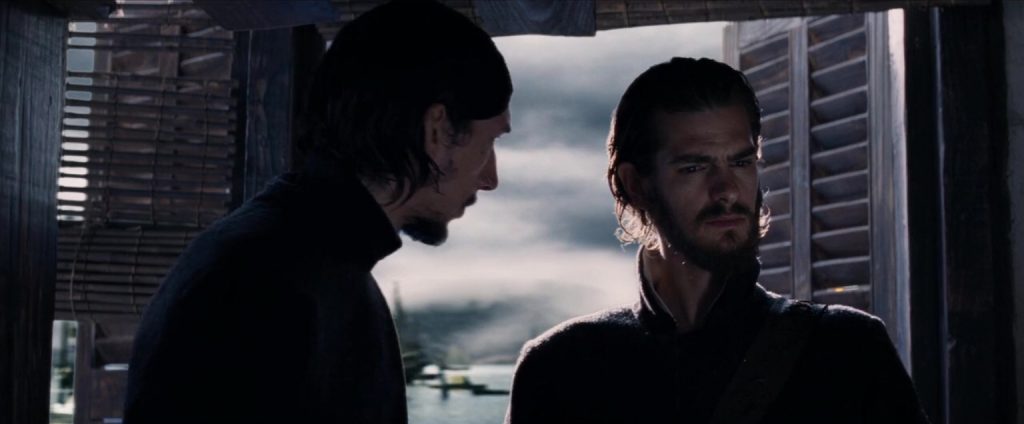
The film can be seen as being of two distinct parts – the first involves the two Jesuits’ arrival in Japan, their meeting with Japanese Christians and their introduction to Japanese culture. It is an indication of how tough it was to be a believer at a time when the religion was outlawed. But it’s the second half that covers the issues that Scorsese is most interested in. Father Sebastião Rodrigues (Andrew Garfield) is captured and is subjected to emotional and psychological torture. The authorities, led by the Inquisitor Inoue Masashige, have learned that torturing the missionaries does not stop them – in fact, they seem to delight in their agony, believing that their endurance pleases God. Masashige instead decides to punish Japanese Christians, claiming their punishment is not because of their faith in God but because of Rodrigues ‘s pride. “The price for your glory is their suffering”, he says.
It’s this torture, and Rodrigues’ reaction to it that is the heart of the film. It is emotional, shocking and extremely moving – both the Japanese Christian’s punishment and Rodrigues’ inability to stop it.
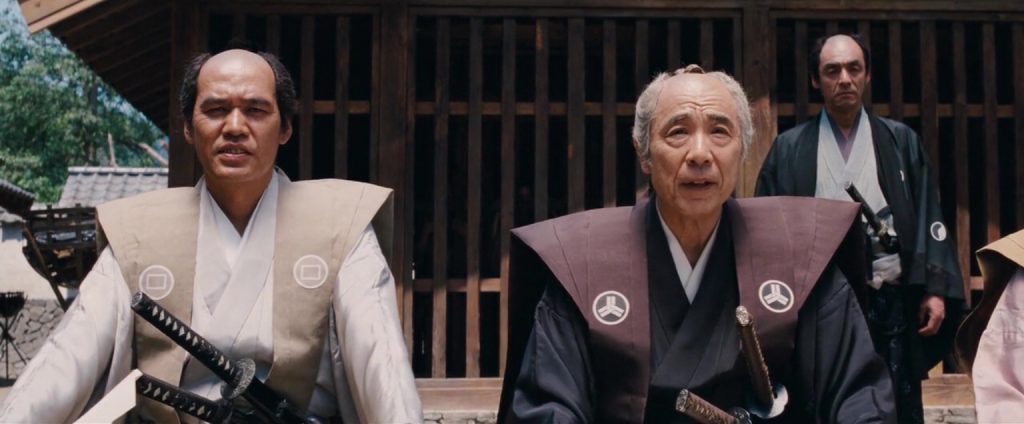
The title, Silence, refers to the feeling that God is not listening, that our punishment is worthless. It’s a feeling that many Christians experience in their lives and seems to act as a summation of Scorsese’s struggles throughout his life. As Rodrigues says at one point, “I feel so tempted to despair. I’m afraid. The weight of your silence is terrible. I pray, but I’m lost. Or am I just praying to nothing? Nothing. Because you are not there.” This strikes right at the heart of any believer’s doubt.
Silence is a beautiful film with cinematographer Rodrigo Prieto perfectly capturing the rugged majesty of Japan – the intensity of the ocean, the jagged mountains, the brightness of Nagasaki town – however it is, quite fittingly, the sound of Silence that really impresses. There is a score by Kim Allen Kluge & Kathryn Kluge but it’s often so quiet that you don’t quite hear it. What we do hear throughout is the sound of nature; from the crashing waves, to the chirping cicadas who seem to provide a constant background noise every night. The composers wanted to incorporate these sounds into their compositions making it sometimes difficult to determine when the music ends and the ambient sounds begins. At the start of the film we hear the cicadas getting loader and loader until suddenly – Silence.
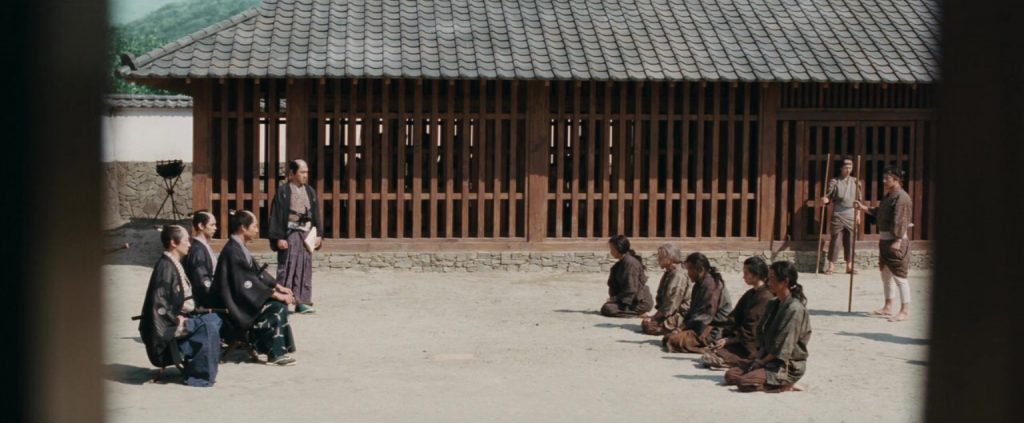
Throughout the film’s production the casting changed significantly as Daniel Day-Lewis, Benicio del Toro, and Gael García Bernal were all originally to star, however, Garfield, Driver and Nesson take over nicely and are all at the top of their game. The complexity of faith is best personified by Kichijiro (a fabulous performance by Yosuke Kubozuka), a weak-willed individual who is the first to apostatise whenever his life is in danger yet is willing to put his body on the line to receive forgiveness for these weaknesses. Also fantastic is Issey Ogata as Inoue Masashige, the Inquisitor. Masashige could easily have been a one dimensional villain, however, because of a combination of Ogata’s performance and the nuanced script by Jay Cocks and Martin Scorsese, the Inquisitor comes across as someone fighting for this country, trying to save a precious culture that was under threat from outside forces who were determined to mould Japan into something more European. I think it’s safe to say that the very fact that even today Japan retains its own very distinct culture is because of the attitudes of people like Masashiga.
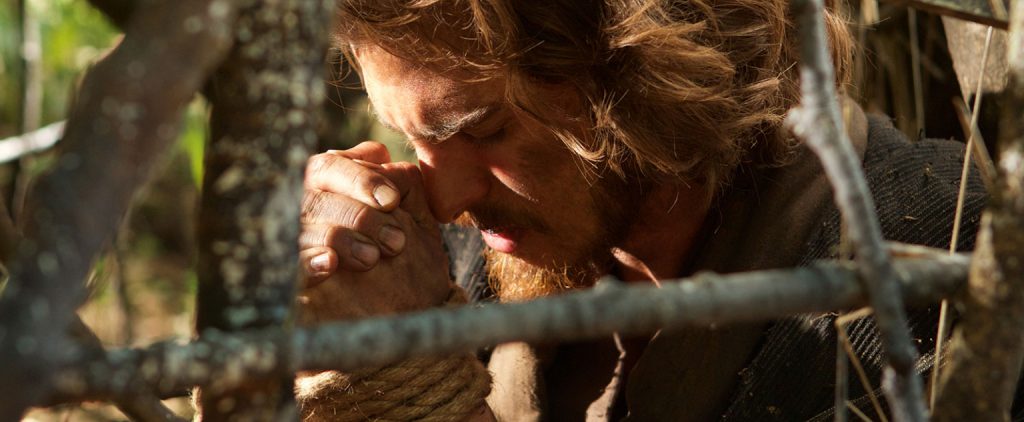
The ending of Silence differs from the book and is perhaps more personal to Scorsese. In the book, Rodrigues follows Ferreira in apostatising and together they live amongst the Japanese. They are given the job of finding Christian symbols that foreigners bring into Japan and destroying them before they can infiltrate the population. The implication is that they are both lost from the Catholic faith. However, in the final moments of the film, after Rodrigues has died, his Japanese wife places a cross into his hands. This suggests that Rodrigues did in fact retain his faith and possibly convert his wife in the process. If she wasn’t converted then, as my fellow Film ‘89 contributor Tony Sower has suggested, the ending of Silence is very much like that of The Age of Innocence, in which May knew of his husband’s feelings towards the Countess Olenska all along. Could Rodrigues’ wife have known that her husband still retained his faith? Either way it speaks of a happy and intimate marriage and it surely represents a victory, however small, for Catholicism. It may also possibly tell us a little something about the director’s own faith.
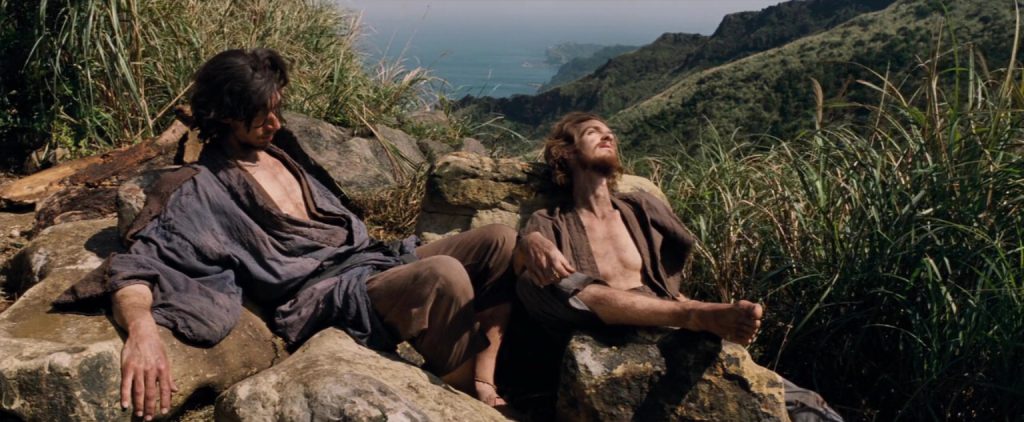
Scorsese has long been a fan of Japanese cinema and has referenced Yasujiro Ozu when discussing the film, especially how he approached the scenes in the prison. This influence I think can be seen in the stillness that the director captures, something that Ozu excelled at. The most obvious influence in the early scenes however, is Kurosawa, especially the representation of nature in its most beautiful and brutal glory.
Many critics have commented that the film is slow and even those who have liked it have described it as having a very measured pace, but I did not find this at all. It’s a captivating piece of work that left me really moved and I didn’t find it’s 2 hour 41 minute running time a chore. When I first saw it three years ago, I left the cinema, started the car but had to turn off the radio as I wasn’t in the frame of mind to listen to music or chitchat, I wanted to hang on to the feeling a little longer, to experience the silence for as long as possible.
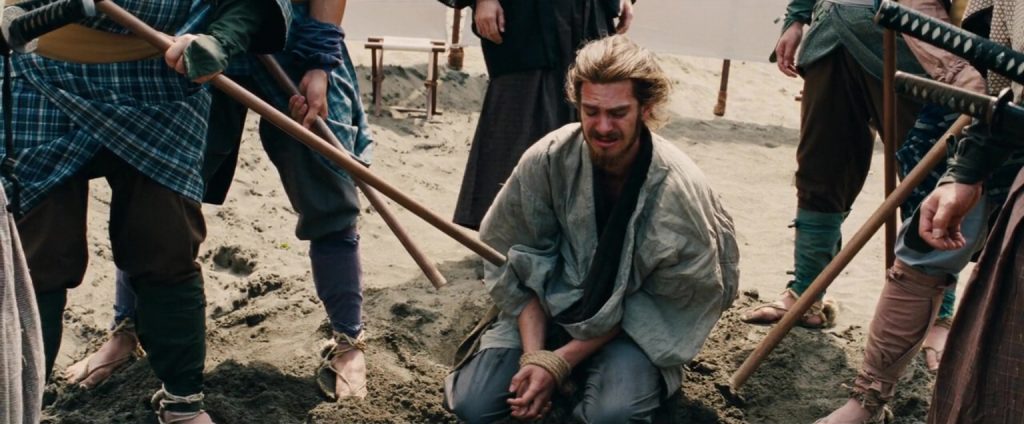
Since that day I have seen Silence four more times and it has resonated with me more deeply with each viewing. It is a masterful work, a film which represents the very best of Scorsese. With the upcoming release of The Irishman, a film that most people will think of as prime Scorsese territory, going back to Silence will illustrate the breadth of this great man’s work. He may be best known for his studies of violent men in violent situations, however his interests are far wider and it is a pity that people overlook masterpieces like Silence because it doesn’t fit in with their perception of him.
Silence is personal, not just to Scorsese as a filmmaker, but also to me as a long-standing fan of his work. That’s not to say that Silence is only for Christians, it’s a film for anyone who loves emotionally charged, thematically complex and intelligent filmmaking.
Film ‘89 Verdict – 10/10

